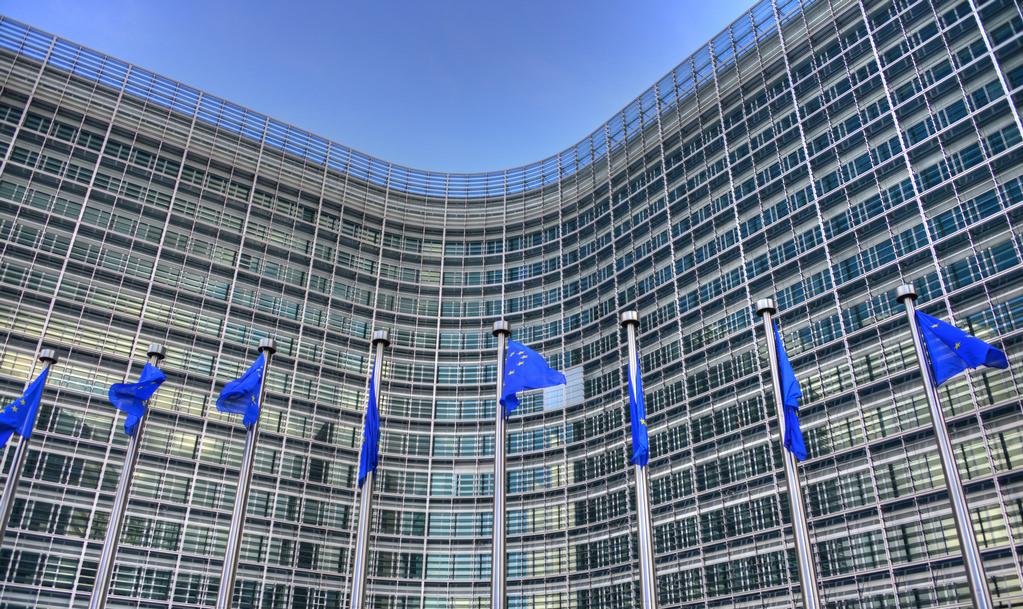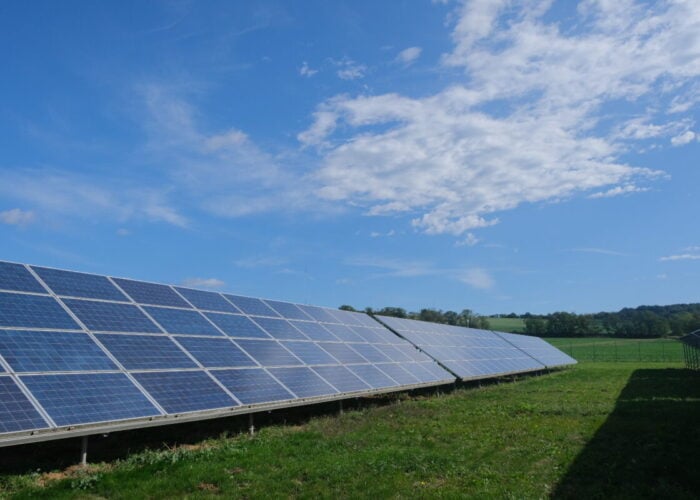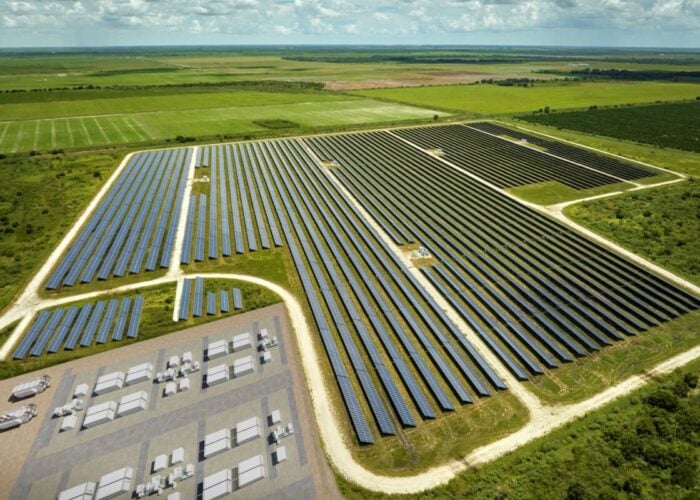
Europe’s solar industry has welcomed moves by EU energy ministers to agree a way forward on improving electricity market design, a key plank in the bloc’s aim of accelerating renewable energy deployment.
The European Council on Tuesday agreed a collective position for amending the EU’s energy market design, enabling it to begin negotiations with the European Parliament on the proposed reforms, which are seen as vital for shielding consumers from volatile fossil fuel prices and meeting climate goals.
Unlock unlimited access for 12 whole months of distinctive global analysis
Photovoltaics International is now included.
- Regular insight and analysis of the industry’s biggest developments
- In-depth interviews with the industry’s leading figures
- Unlimited digital access to the PV Tech Power journal catalogue
- Unlimited digital access to the Photovoltaics International journal catalogue
- Access to more than 1,000 technical papers
- Discounts on Solar Media’s portfolio of events, in-person and virtual
The council’s agreed position includes a variety of measures intended to create market conditions that are more favourable to renewable energy generation, and would aim to eliminate the energy price volatility seen since Russia’s invasion of Ukraine in early 2022.
Arthur Daemers, policy advisor at trade body SolarPower Europe, welcomed the agreed position as a “big step”.
“This deal brings us that much closer to a final text,” said Daemers. “A rapid conclusion of the file is absolutely necessary to deliver legal certainty to invest in new renewables and reach our climate and energy targets.”
The agreed position includes measures to remove barriers in the power purchase agreement market and a mandatory contracts for difference (CfD) model that will be adopted by member states to underpin investments in solar, wind and other low-carbon energy sources, with the aim of improving certainty and predictability.
Other agreed reforms include the simplification and streamlining of the capacity mechanism by which member states remunerate power plants, and various measures to protect consumers, for example through the introduction of a right to a free choice of supplier.
In a statement on behalf of the council, Teresa Ribera Rodríguez, Spain’s ecological transition minister, said: “I am proud to say that today we have taken a strategic step forward for the future of the EU. We have achieved an agreement that would have seen unimaginable only a couple of years ago.
“Thanks to this agreement, consumers across the EU will be able to benefit from much more stable prices of energy, less dependency on the price of fossil fuels and better protection from future crises. We will also accelerate the deployment of renewables, a cheaper and cleaner source of energy for our citizens.”
“Room for improvement”
However, Daemers identified a number of areas where there was “room for improvement”, as the reforms go through negotiations.
“The text prolongs the status quo on market caps, leaving room for a Frankenstein-like patchwork of national measures – Bulgaria and Greece just prolonged their cap,” said Daemers. “This is discouraging investments at a time when we need them most. Co-legislators must clarify that emergency measures must remain for emergency.
“We’re also concerned about the council’s position on capacity remuneration mechanisms, which gives a free pass to coal power plants. We hope the final text will award better signals to clean flexibility options, which need to go hand-in-hand with renewable electrification.”
“On the bright side, the council compromise on contracts for difference gives hope ahead of the trilogues. The ministers have recognised that renewables should now be able to look forward, instead of worrying about the survival of its existing projects. Under this wording, project developers will not be forced into a CfD applied retroactively on an existing plant. The final text must make it very clear that CfDs must remain voluntary, competitive, and apply only to new investments.”







